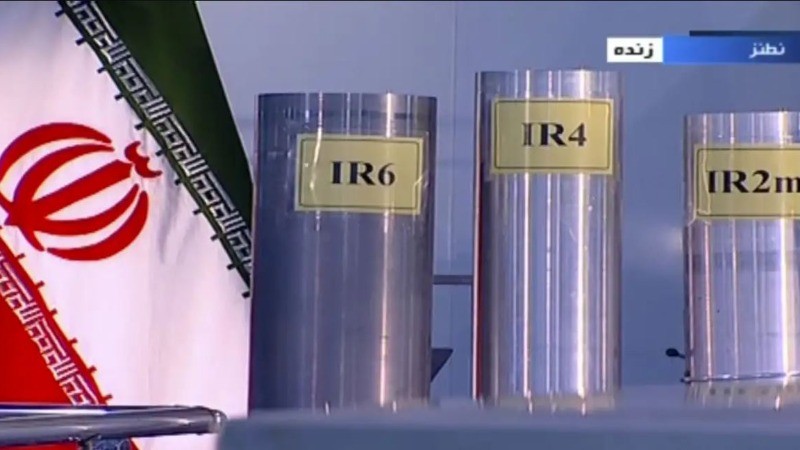
Iran has announced plans to introduce a new series of "advanced" centrifuges in response to a resolution by the International Atomic Energy Agency (IAEA), which censured Tehran for not fully cooperating with its monitoring efforts.
The head of Iran's Atomic Energy Organization issued an order for the launch of several types of new and more advanced centrifuges to enrich uranium. A joint statement released by the Atomic Energy Organization of Iran and the Foreign Ministry confirmed these developments.
On Thursday evening, the IAEA criticized Iran for its lack of transparency and failure to meet its obligations under the Nuclear Nonproliferation Treaty (NPT). This censure could result in penalties, including the reinstatement of economic sanctions on Iran.
The IAEA Board of Governors voted overwhelmingly, 19 to 3, with 12 abstentions, to adopt the resolution. Iran’s Foreign Minister, Abbas Araghchi, lobbied countries such as Brazil, South Africa, Bangladesh, Algeria, Burkina Faso, and Pakistan, urging them to vote against the measure. Despite these efforts, the resolution passed, with Russia, China, and Burkina Faso voting against it.
In response, Araghchi warned that Iran would take retaliatory actions, possibly speeding up its uranium enrichment to levels close to weapons-grade. Following the vote, Iran’s foreign ministry and atomic agency confirmed their intention to begin operations of the new centrifuges, while also expressing their willingness to engage with the IAEA.
The resolution, backed by the United States, Britain, France, and Germany, was driven by concerns over Iran's nuclear activities and its refusal to provide answers to the IAEA’s questions or allow adequate monitoring. The Western powers hope to maintain the credibility of the global agency responsible for nuclear safety and preventing nuclear weapons proliferation.
The move to censure Iran came after a report detailing Iran’s expanding stockpile of uranium enriched close to weapons-grade levels. Iran’s lack of cooperation has raised alarms about the potential risks to the NPT and the IAEA's role in overseeing nuclear programs worldwide.
Experts have pointed out that Iran's uranium enrichment levels—now at 60 percent—are well above the threshold required for civilian nuclear use and could quickly be escalated to produce nuclear weapons.
Will Trump's Return Push Iran Towards Nuclear Weapons?
Israel PM Netanyahu Discusses Iranian Threat and Strengthening US-Israel Alliance with Trump
A Return to 'Maximum Pressure'? How Trump Could Influence Iran and Beyond